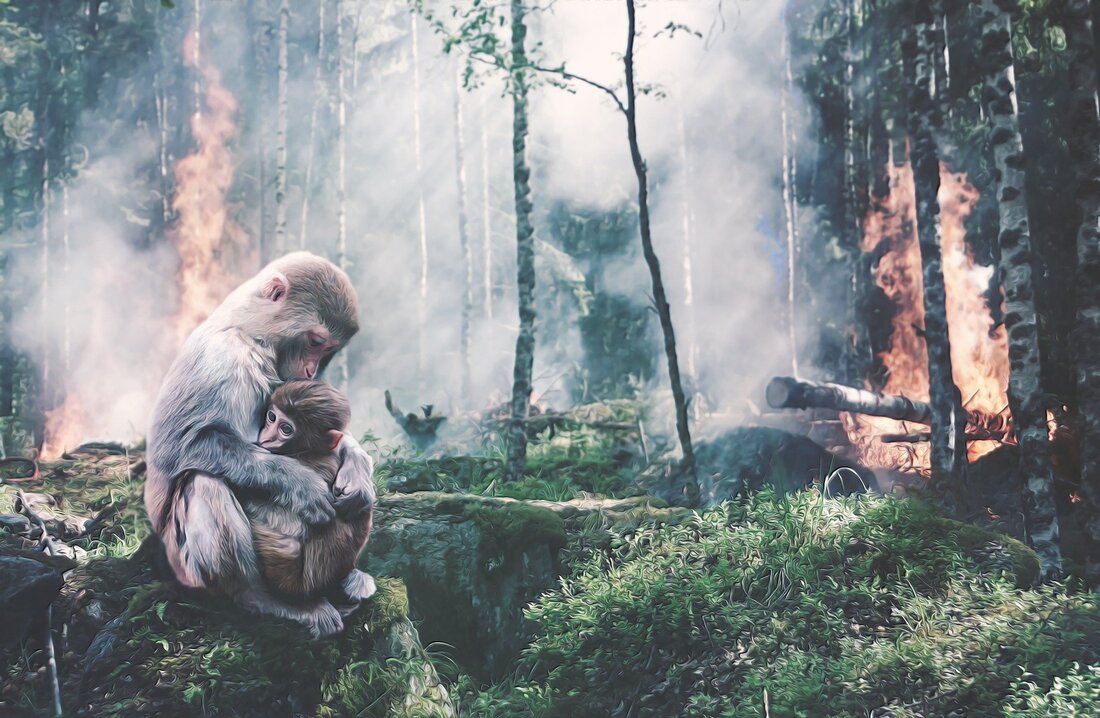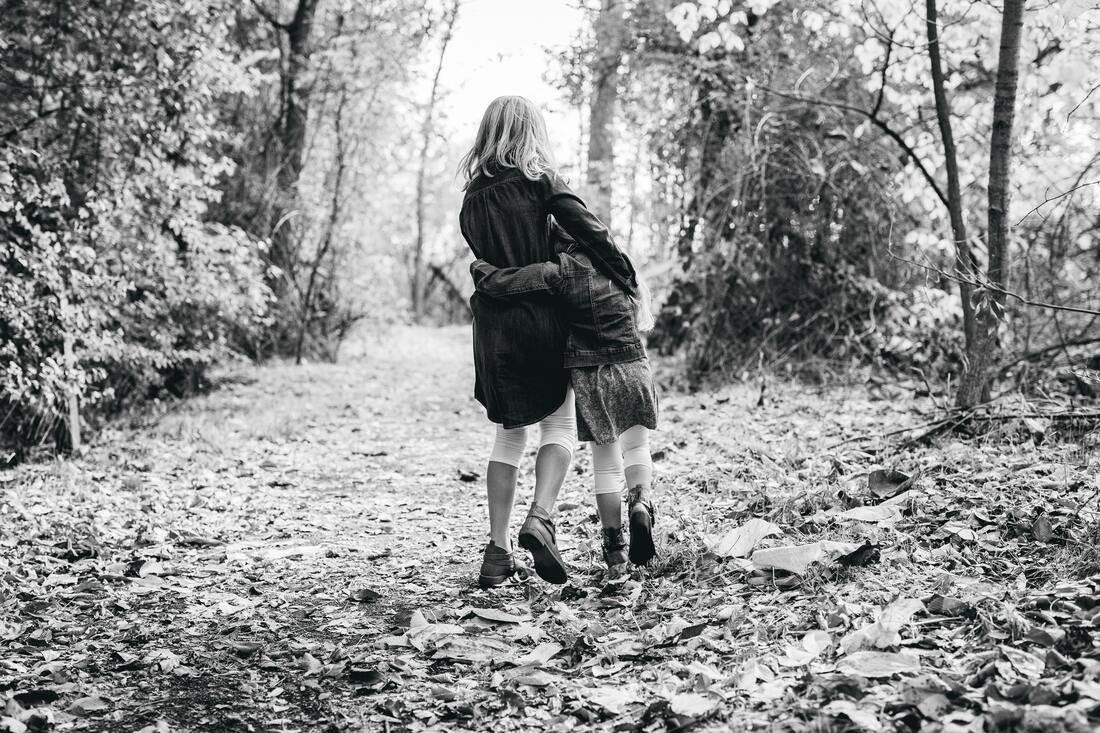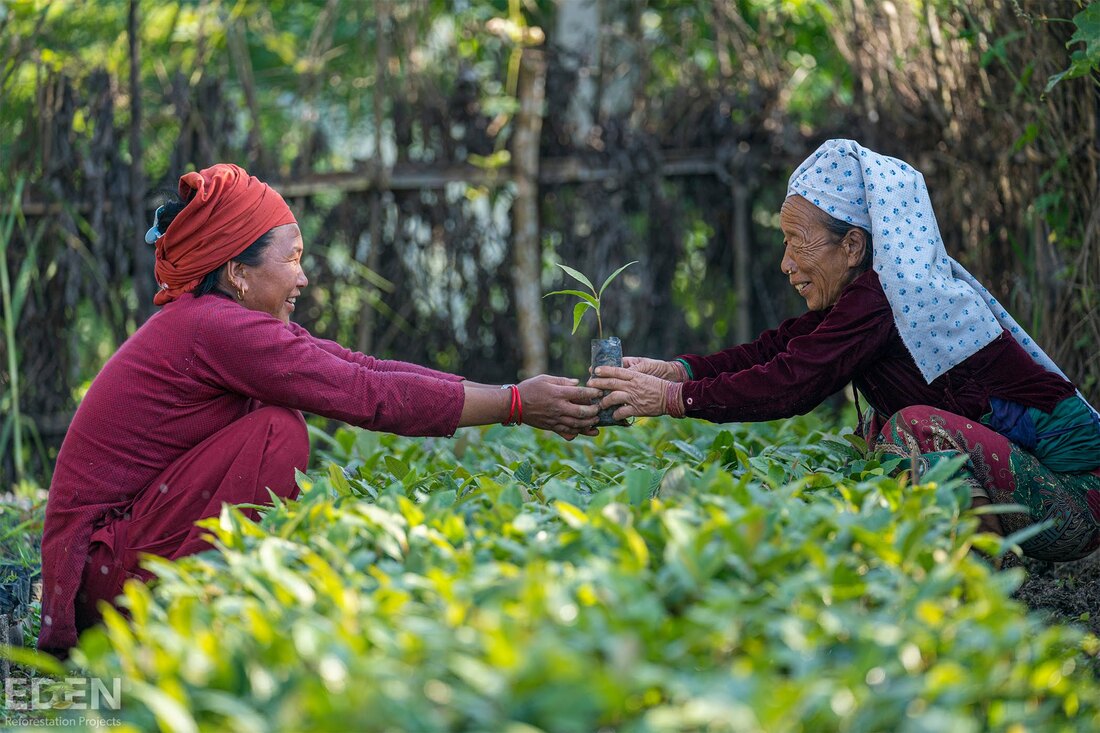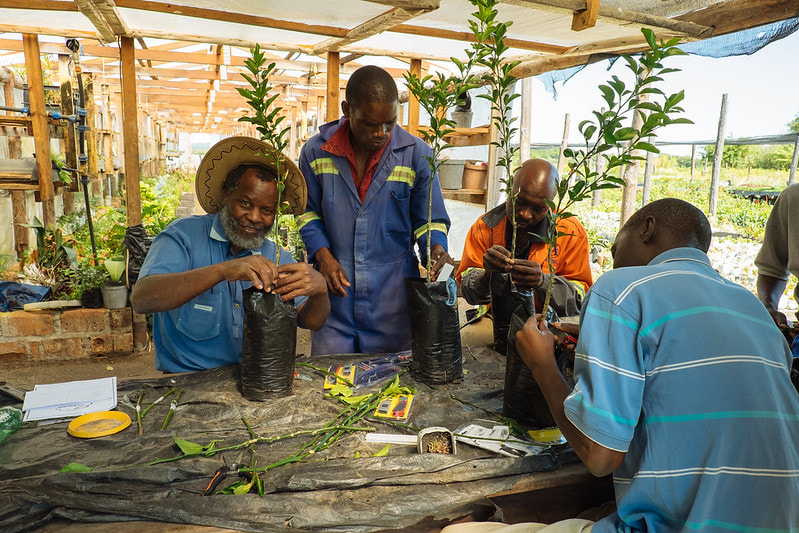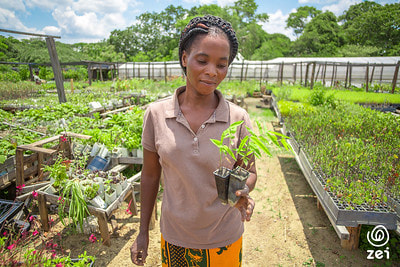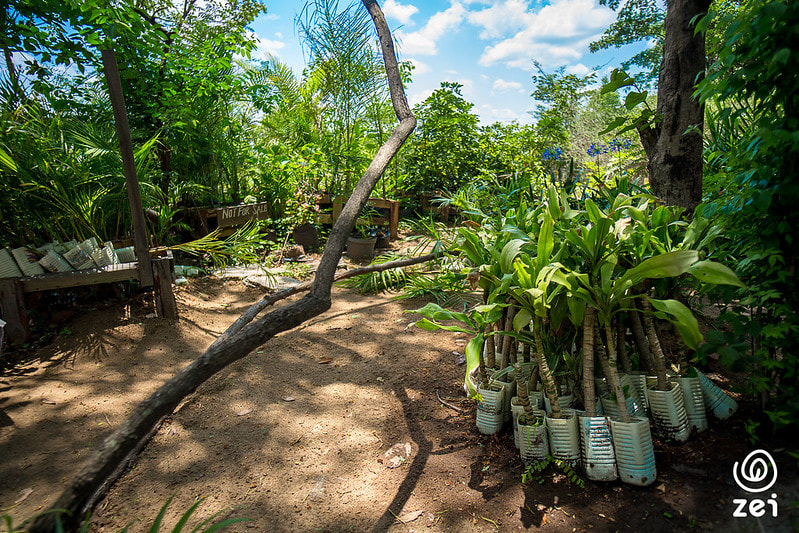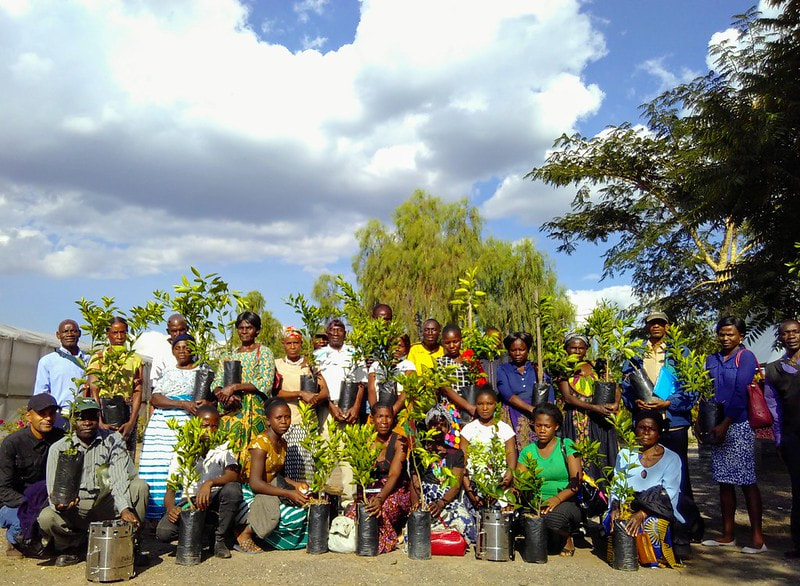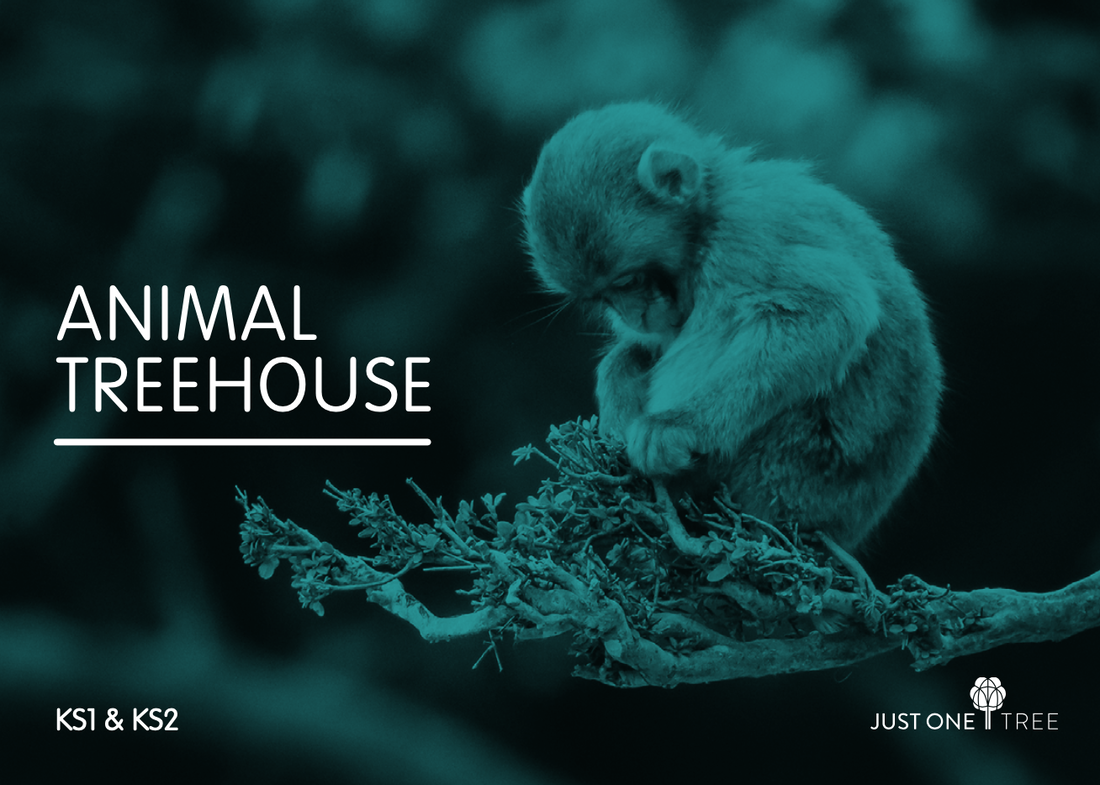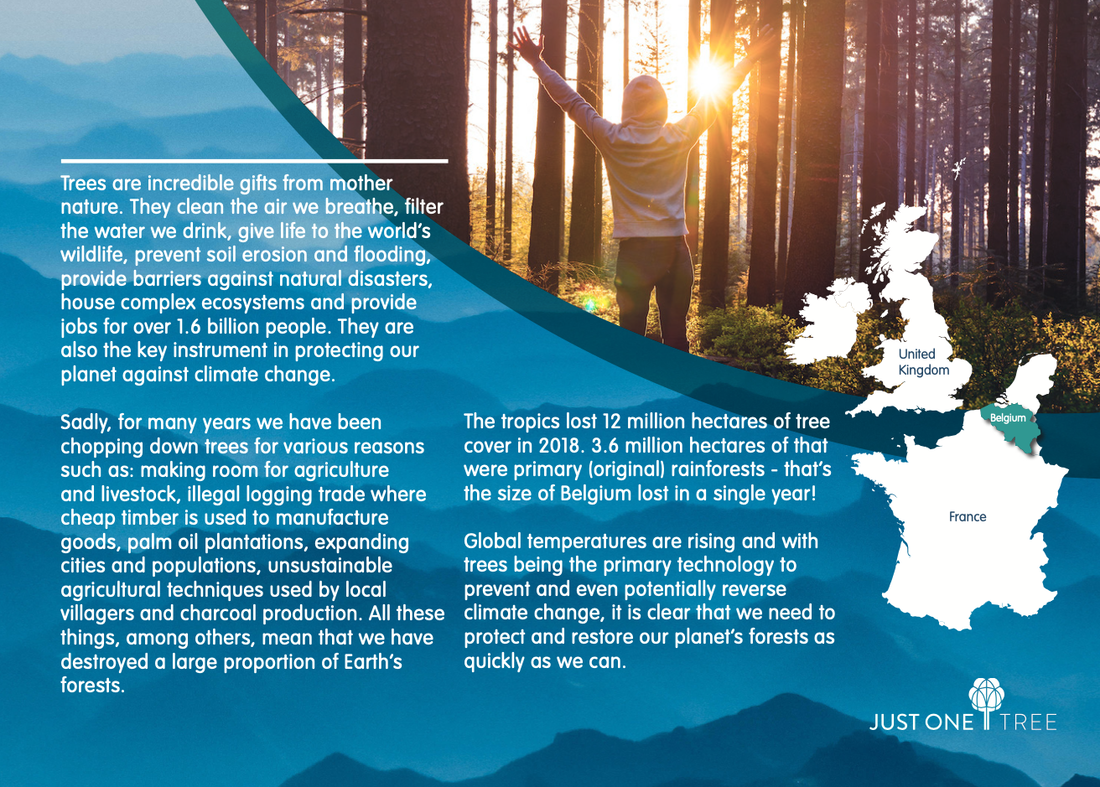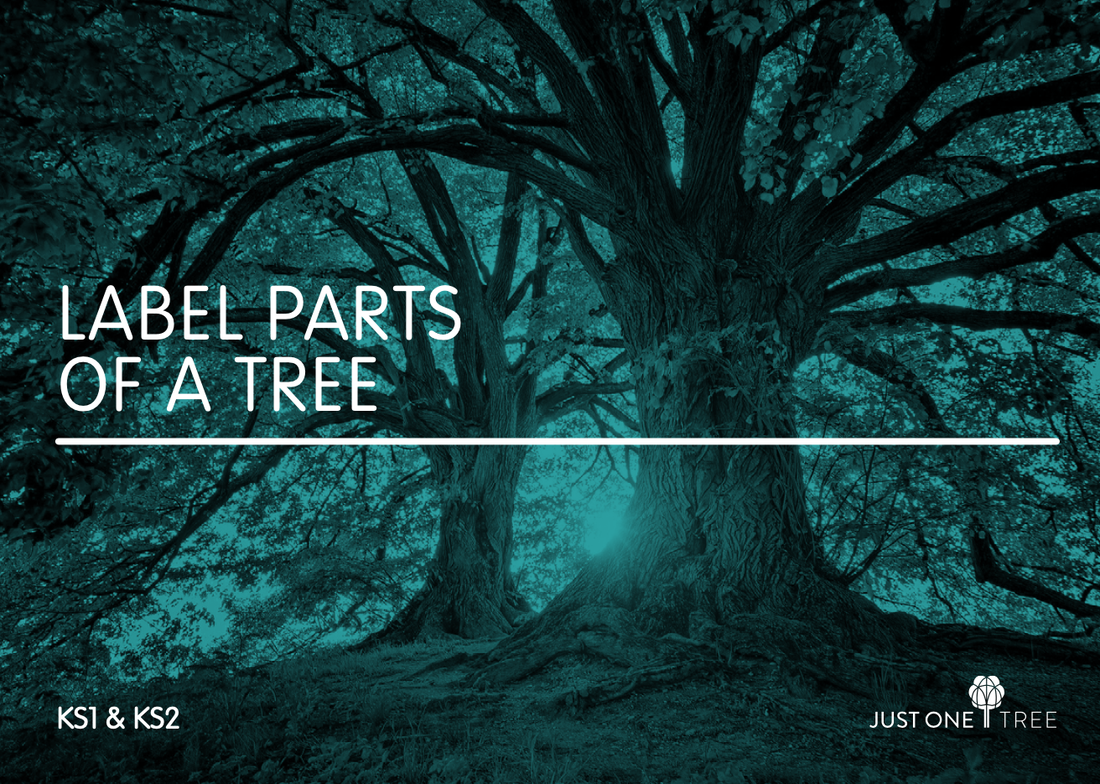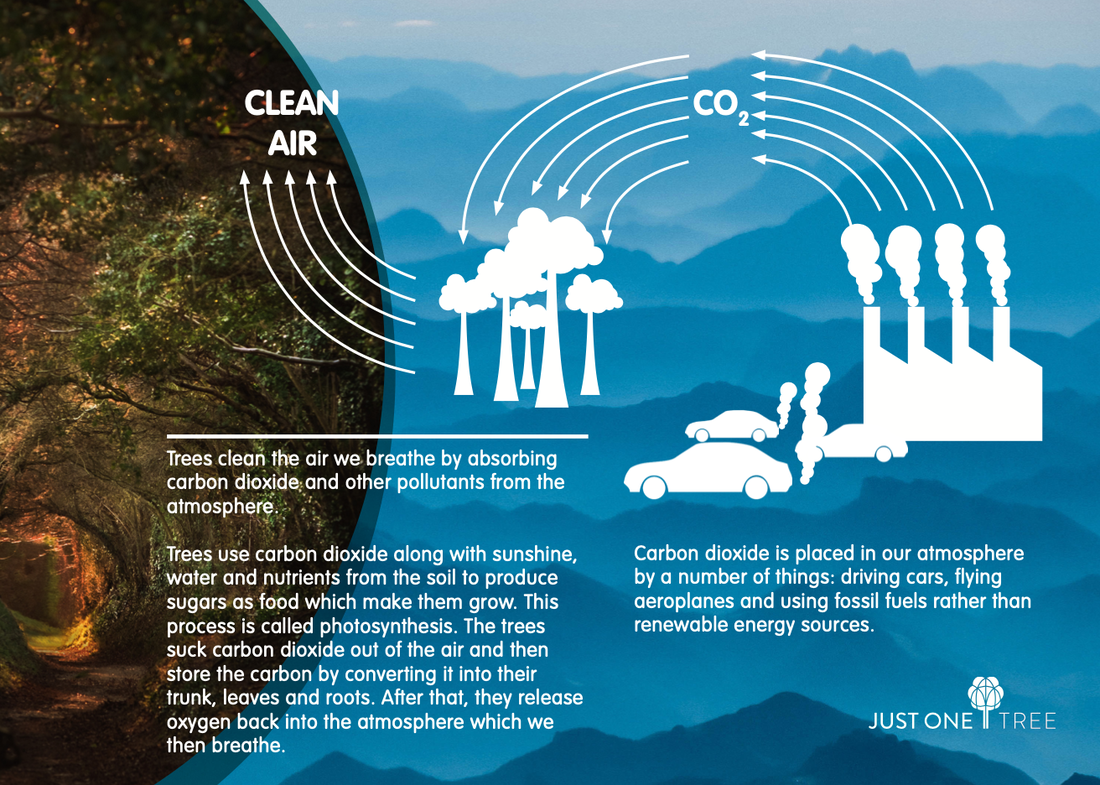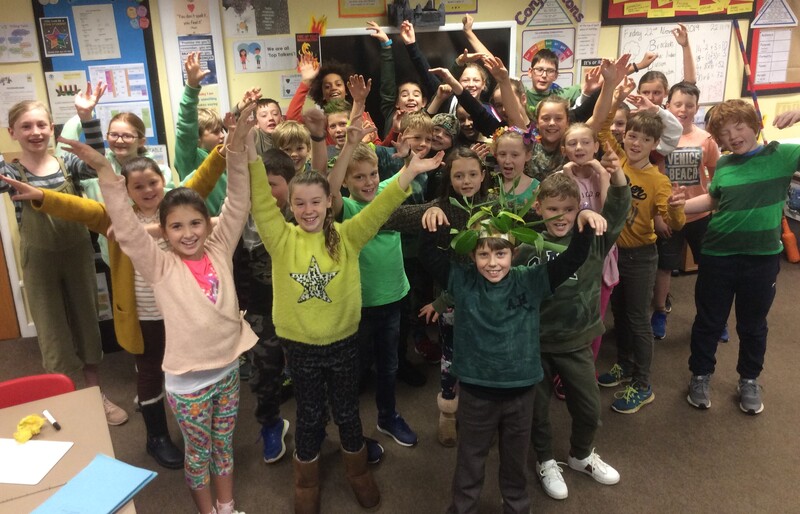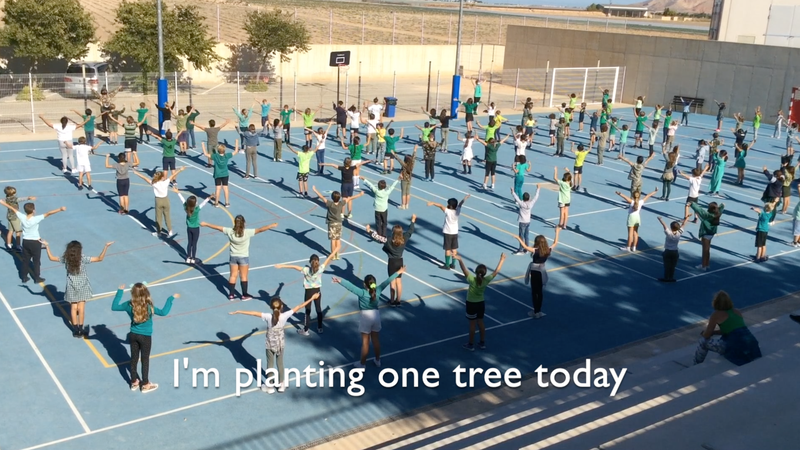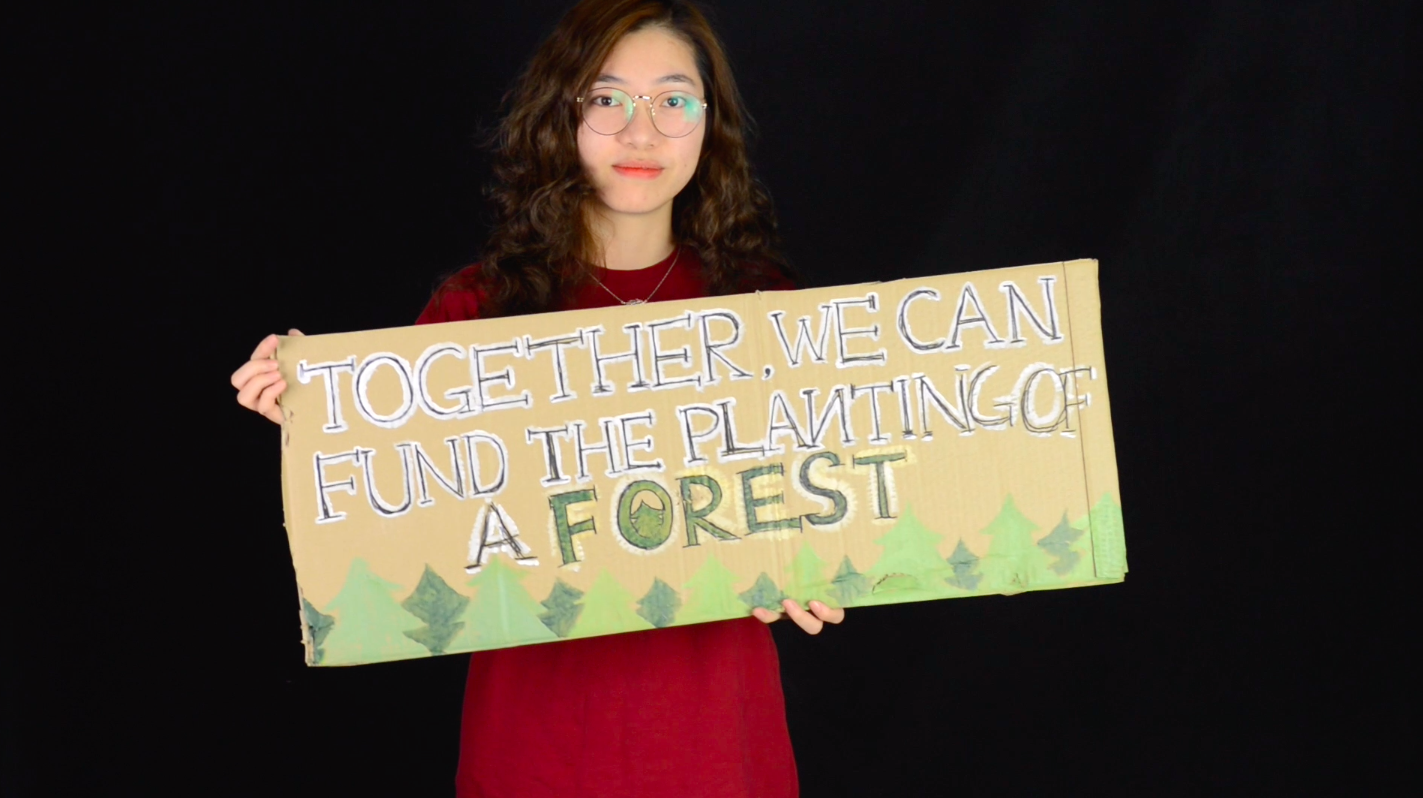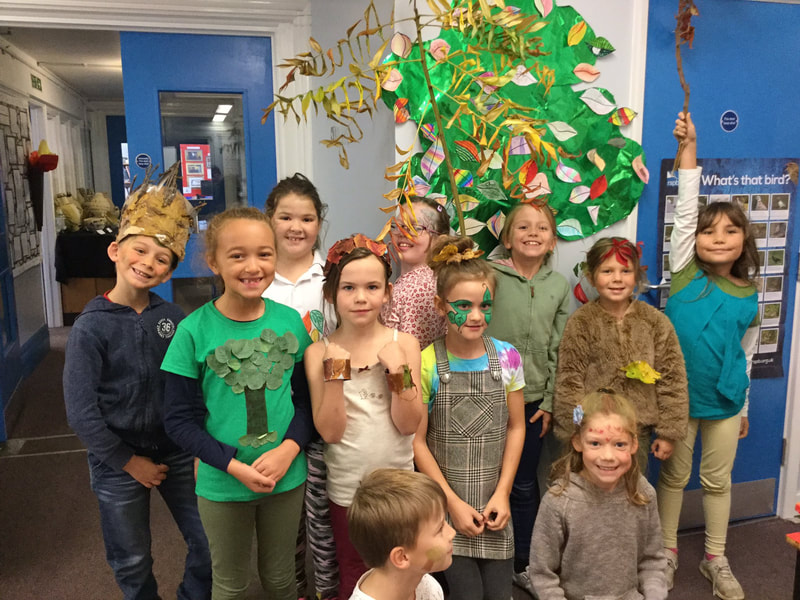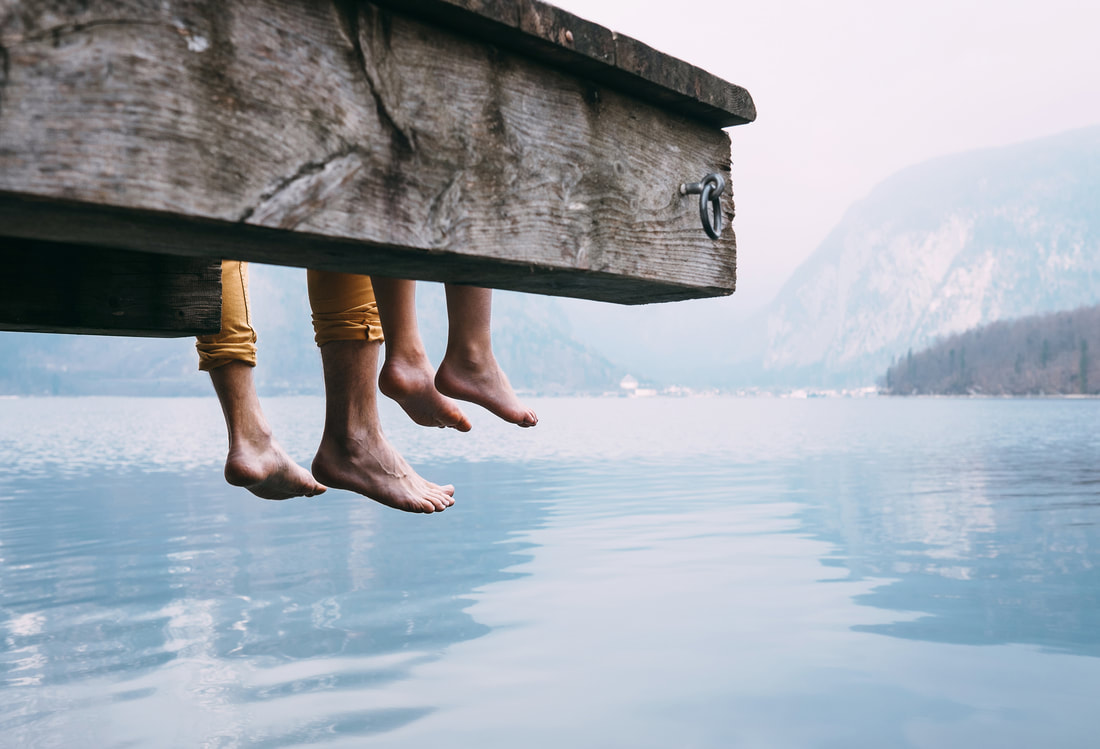What do ‘your thirties’ mean to you? For many, their thirties are when they hit their stride after a turbulent twenties, moving up in their career, deciding on new ambitions or starting a family. “Thirty, flirty and thriving” promises the classic noughties rom-com, Thirteen Going on Thirty, in which Jenna Rink tackles such challenges as having a high-flying, dream job while simultaneously being a good person. How will she cope?
Children born today will have slightly different challenges ahead. They will be entering their thirties in 2050, a year synonymous with doomsday if you regularly read climate projections.
|
According to the latest IPCC report, on our current trajectory we may see global temperatures rise by almost 2°C by 2050. This would cause devastating species loss, more extreme weather events like hurricanes and floods, sea-level rise, the spread of vector-borne diseases further North, potential food and water shortages and all of the knock-on effects like mass migration as areas of the planet become uninhabitable.
|
It’s no wonder that in a recent survey of two thousand 8-16 year olds, 58% said they worry about the effect that climate change will have on their lives and many admitted to suffering from nightmares about climate change. It’s easy to feel powerless in the face of environmental disaster, especially if you’re not old enough to vote.
|
To be clear, even if we make major changes now (although of course we absolutely should be doing that), greenhouse gases have a long life span. So even if we stop all emissions today, it would take 50 years for levels of methane to reach pre-industrial levels and carbon dioxide levels might never become that low again. The delayed response between a change in greenhouse gas emissions and the effect on global temperatures is known as ‘Climate Lag’.
|
In essence, we need to make changes today, in order to see the benefits in thirty years time. But, there is damage that is already done and that’s why it’s so important to prepare children for the warming planet that awaits and not brush it under the rug.
Ok, the scary bit’s out of the way. Come out from behind the sofa. What can we do to help ourselves and our children with climate anxiety?
1. Have Open Conversations
Don’t shy away. Just like many taboo topics, if you don’t tell them about it, they’re going to find out about it online. When talking to children it’s a good idea to find out what they already know - what they’ve heard on the playground, from teachers or read online - and then find age-appropriate ways to fill in the gaps. You don’t need to start with fire and brimstone.
Don’t shy away. Just like many taboo topics, if you don’t tell them about it, they’re going to find out about it online. When talking to children it’s a good idea to find out what they already know - what they’ve heard on the playground, from teachers or read online - and then find age-appropriate ways to fill in the gaps. You don’t need to start with fire and brimstone.
|
You could start with the reasons why we use fossil fuels - to get around in the car, to go on nice holidays, to have a Sunday roast - and then explain why we need to make changes.
You can even pose it as a positive! Talk about exciting news of electric vehicles and reforestation initiatives! Watch videos together of people making a difference in their community. You can find photos from our projects reinvigorating the natural world on the JUST ONE Tree website. |
Images © ZEI and WeForest
2. Educate Yourself
Understanding more about the challenges ahead can help us better prepare for them. JUST ONE Tree has excellent KS1, KS2 and secondary school resource packs available to support parents’ and teachers’ efforts to educate children on climate change, biodiversity and nature-based solutions.
Understanding more about the challenges ahead can help us better prepare for them. JUST ONE Tree has excellent KS1, KS2 and secondary school resource packs available to support parents’ and teachers’ efforts to educate children on climate change, biodiversity and nature-based solutions.
There are also fantastic books and documentaries presenting the effects of climate change in clear and engaging ways (and we all love a David Attenborough voiceover). Remember to keep a healthy scepticism of anything too ‘clickbaity’ online as there is plenty of greenwashing around and misguided, if well-meaning, information. However, understanding more about climate change may inspire you to take action, or better prepare you for sharing your new-found knowledge with children.
3. Get Stuck In!
So, you’ve watched some documentaries together and talked about what the future might look like if nothing changes and now you and your child are both trembling in your boots. How is this supposed to be helping with climate anxiety?
So, you’ve watched some documentaries together and talked about what the future might look like if nothing changes and now you and your child are both trembling in your boots. How is this supposed to be helping with climate anxiety?
Well, what’s the point of holding on to all this new knowledge if you’re not going to do anything with it? The fantastic takeaway from JUST ONE Tree Day is that children and adults alike are empowered to take control of our future and are given tangible solutions to the climate crisis.
There are so many ways we as individuals can make a difference. We can support NGOs and charities who are already doing fantastic work, we can write to our local MP to demand changes in our neighbourhood, and we can find like minded people by joining community initiatives and environmental groups.
No one person is going to fix climate change, not even Greta Thunberg. Equally, Meat-Free Monday isn’t going to fix the industrial agriculture industry by Tuesday morning. But, in joining together with others, we can be a part of something greater and change the course of our future. Needless to say, the added benefit is helping to quell some of those nerves.
No one person is going to fix climate change, not even Greta Thunberg. Equally, Meat-Free Monday isn’t going to fix the industrial agriculture industry by Tuesday morning. But, in joining together with others, we can be a part of something greater and change the course of our future. Needless to say, the added benefit is helping to quell some of those nerves.
4. Set Clear Boundaries
If you’re feeling overwhelmed, as a lot of us are right now, it’s also fine to switch off. Sometimes after a long day we want to curl up on the sofa and watch Line Of Duty, not a nature doc. And that’s ok too. And you shouldn’t feel guilty about it. Guilt is climate anxiety’s best friend and catalyst. We feel guilty for our polluting behaviour, we feel guilty for not doing enough to stop it, we feel guilty for the experiences of future generations.
If you’re feeling overwhelmed, as a lot of us are right now, it’s also fine to switch off. Sometimes after a long day we want to curl up on the sofa and watch Line Of Duty, not a nature doc. And that’s ok too. And you shouldn’t feel guilty about it. Guilt is climate anxiety’s best friend and catalyst. We feel guilty for our polluting behaviour, we feel guilty for not doing enough to stop it, we feel guilty for the experiences of future generations.
|
So here’s the solution - set clear boundaries. Make an agreement in your household not to talk about climate change after 7pm. This can significantly help with nightmares or anxious bed times. If someone is actively making you feel bad for not being ‘better’ to the environment, consider limiting your time with that person or avoiding certain topics. They are probably dealing with a lot of climate anxiety too but that doesn’t give them the right to take it out on you. Climate change is a huge issue that we all need to engage with but setting clear boundaries is the best way to stay focused and avoid burnout.
|
JUST ONE Tree Day helps with all of these solutions to climate anxiety by providing engaging education, a sense of community and gives children and teachers the autonomy to make a difference. If you’d like to find out how your school can get involved and host a JUST ONE Tree day, you can find out more on our website and register your interest here.

